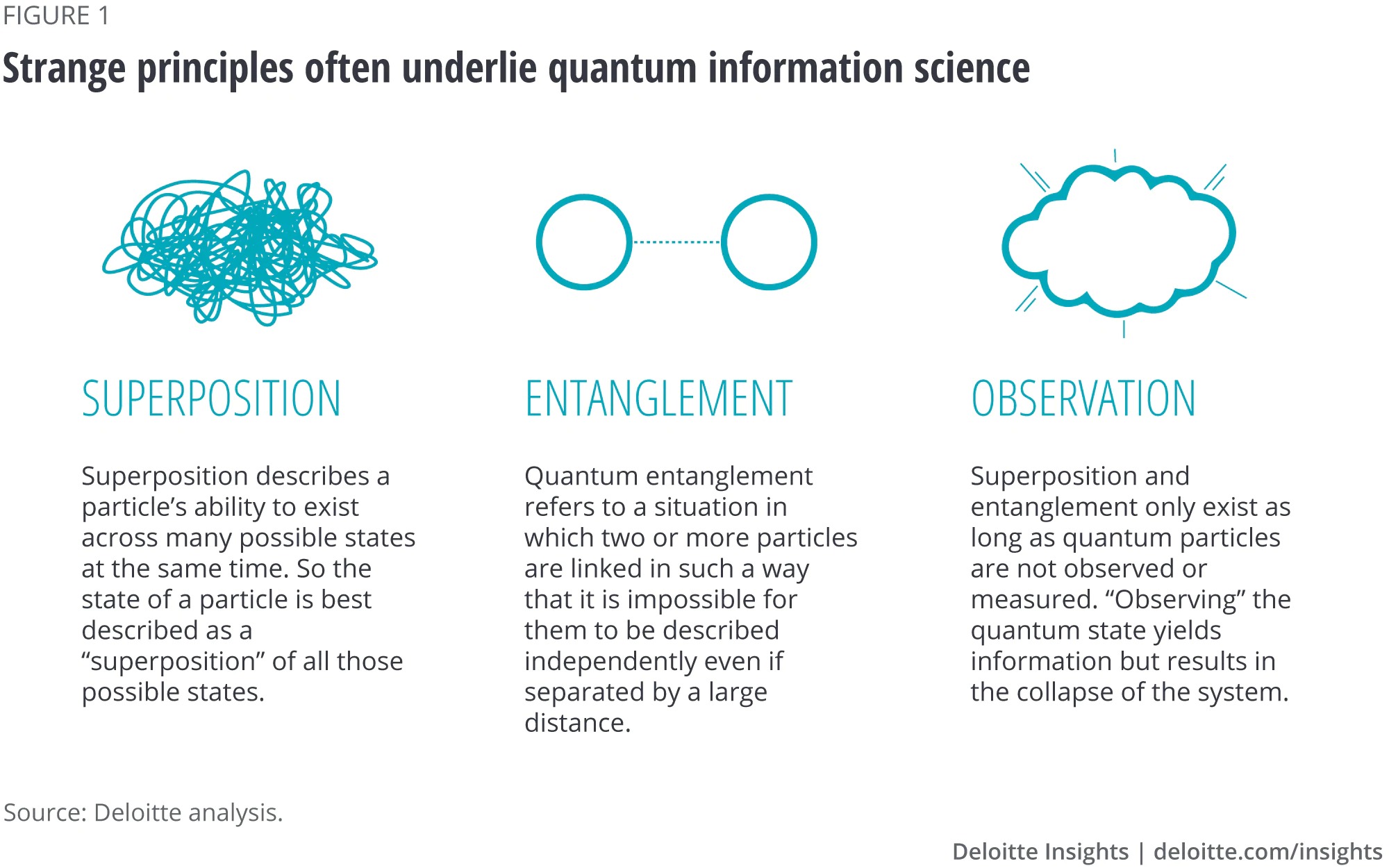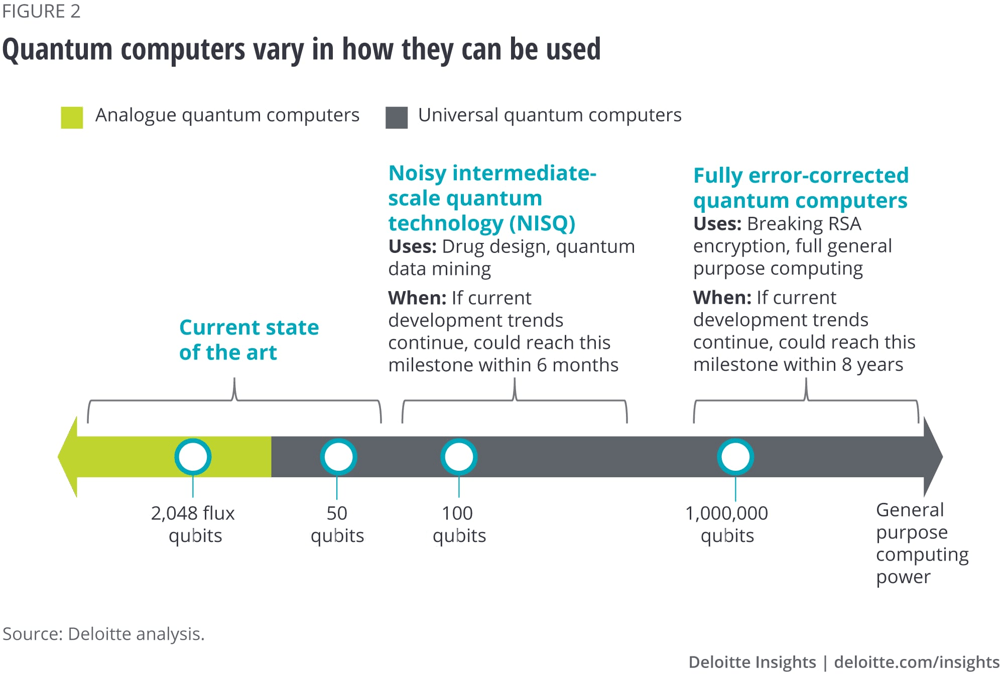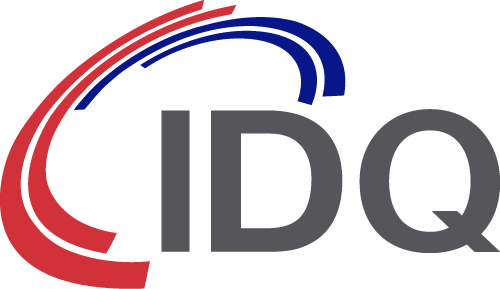The impact of quantum technology on national security
Government leaders must take notice of the impacts that quantum computing, communications and sensing will have on national security, according to a new article by Deloitte Insights.
The article, named ‘The realist’s guide to quantum technology and national security’, has been written to inform and educate nontechnical personnel as to what they can do today, to be ready for tomorrow’s quantum world. It’s the latest in what is becoming a long list of publications designed to move quantum awareness from the labs of the scientific community to the meeting rooms of governments and corporations.
The rise of quantum and the challenges it brings
The article begins by exploring the potential of quantum tech, stating that “quantum information technologies will almost certainly have significant impacts on national security – touching everything from extremely secure communications to faster code breaking to better detection of aircraft and submarines” and that it “has the potential to be just as revolutionary to defense and national security as classical information science that has given us computers and the internet”.
It also acknowledges that the obscure nature of quantum science can be a barrier for government leaders wishing to prepare for the post-quantum era, but importantly argues that; “While government leaders certainly don’t all need PhDs in particle physics, they should at least have a general idea of what quantum science is and to more fully appreciate how it will affect technological advancements in the days to come.”

The article goes on to explain the operational and engineering challenges of quantum mechanics, before discussing the rapid pace of development quantum computers are experiencing, with the numbers of quantum bits (qubits) on a quantum computer’s processor chip doubling every six months – four times faster than Moore’s Law for classical chips.
“If this growth pattern continues, qubit processors could be capable of cracking one of the most widely used types of encryption, Rivest–Shamir–Adleman (RSA) encryption, and solving complex problems and simulations within the next decade.”
Of course the number of qubits is one of many factors that combine to make commercial quantum computers a reality, as the article mentions; “New quantum computers and other such technologies also require ecosystems of supporting software, hardware, and algorithms, just as traditional computers, encryption, communications, and other technologies do.”

The application of quantum technologies in national security
The article then turns its attention to the application of three quantum technologies in national security: quantum computing, quantum communications and quantum metrology.
Quantum computing
Regarding quantum computing, the most-recognised quantum technology, it states that; “Quantum computers could be used by defense planners to do large-scale simulations of military deployments, by scientists to model complex chemical reactions to design new materials, or even by computer scientists to crack cryptography or advanced artificial intelligence tools.”
The risk to today’s encryption standards is also acknowledged, as “the use of quantum computers will also likely require the development of new encryption techniques, as many existing techniques may be susceptible to algorithms run on quantum computers.”
Quantum communications
Quantum communications, the practice of securing communications using the principles of quantum mechanics, is also discussed. Specifically, the article mentions Quantum Key Distribution (QKD) as “one of the most developed approaches”.
“What is special about QKD is that it can securely share a key without the possibility of an eavesdropper on the quantum channel stealing it. If an adversary attempts to intercept and read the quantum key, it will collapse the quantum state, making the intrusion known to both sender and receiver.”
The technology, which can protect against both classical and quantum attacks, can speed up the exchange of encryption keys over long distances while remaining secure, meaning that it is well-suited to protecting national security communications
Quantum metrology
Also known as quantum sensing, quantum metrology is the third and final technology mentioned by the article. Exploiting quantum’s ability to improve measurement accuracy can, as described in the article, “be a real game changer”.
The technology can be applied to new cameras, radars and other detection systems to “provide more capable means of detecting everything from stealth aircraft (quantum RADAR) to submarines (quantum ghost imaging) to underground facilities (quantum gravimetry).”
“Quantum metrology can also help solve many of today’s most pressing defense problems by offering new forms of location and timing not reliant on GPS signals that can be easily jammed or spoofed.”
Quantum technologies’ opportunities and threats to national security
While applying quantum technologies brings numerous benefits, the article is quick to caution that they also bring threats;
Government leaders, even those in nontechnical positions, should have a basic understanding of quantum systems and the emerging national security challenges so they can take steps to protect information and prepare their organizations, teams, and business practices for the quantum world.
Deloitte Insights
Deloitte break these threats down into two broad categories:
Loss of secrets: Quantum computing’s ability to one day break much of today’s cryptography poses a significant threat to national security, which relies on data being shared via public and private networks.
Without deploying quantum-safe security solutions and applying quantum-resistant algorithms when available; military plans, advanced technology information, diplomatic cables, personal or company data, and critical details related to state and business security are all at risk of being intercepted, decoded and exploited.
Loss of intelligence: The very same technologies a government employs to protect against quantum attack can also limit intelligence gathering as and when fellow states deploy such technologies. The article pays close attention to the use of quantum communications and LIDAR when respectively communicating with, and navigating, submarines; something that could “revolutionize underwater warfare”.
Getting ready for a post-quantum world
Finally, the article advises government leaders of the steps they should take to prepare for the post-quantum era. Today, it advises that governments:
- Practice good cybersecurity hygiene; keeping systems patched and staying vigilant of threats
- Know their data and systems; understanding what data they have, where it’s stored and how it’s secured
- Educate themselves on the basics of quantum technologies, as well as the benefits and threats they pose
Preparing for tomorrow, the article recommends:
- Supporting R&D and education to ensure the quantum threat does not ‘catch them off guard’
- Connect with industry experts and academia, creating a group where information, problems and solutions can be shared and enable members to meet the challenges posed
- Bring quantum into the strategic planning process, integrating its challenges and opportunities, and thinking about how the organisation will execute its mission in the post-quantum era
We would go one step further: Government organisations must also begin planning and implementing a quantum-safe cybersecurity strategy today or risk being left exposed as the quantum age dawns.
You can read the full Deloitte Insights article here.
Useful links:


